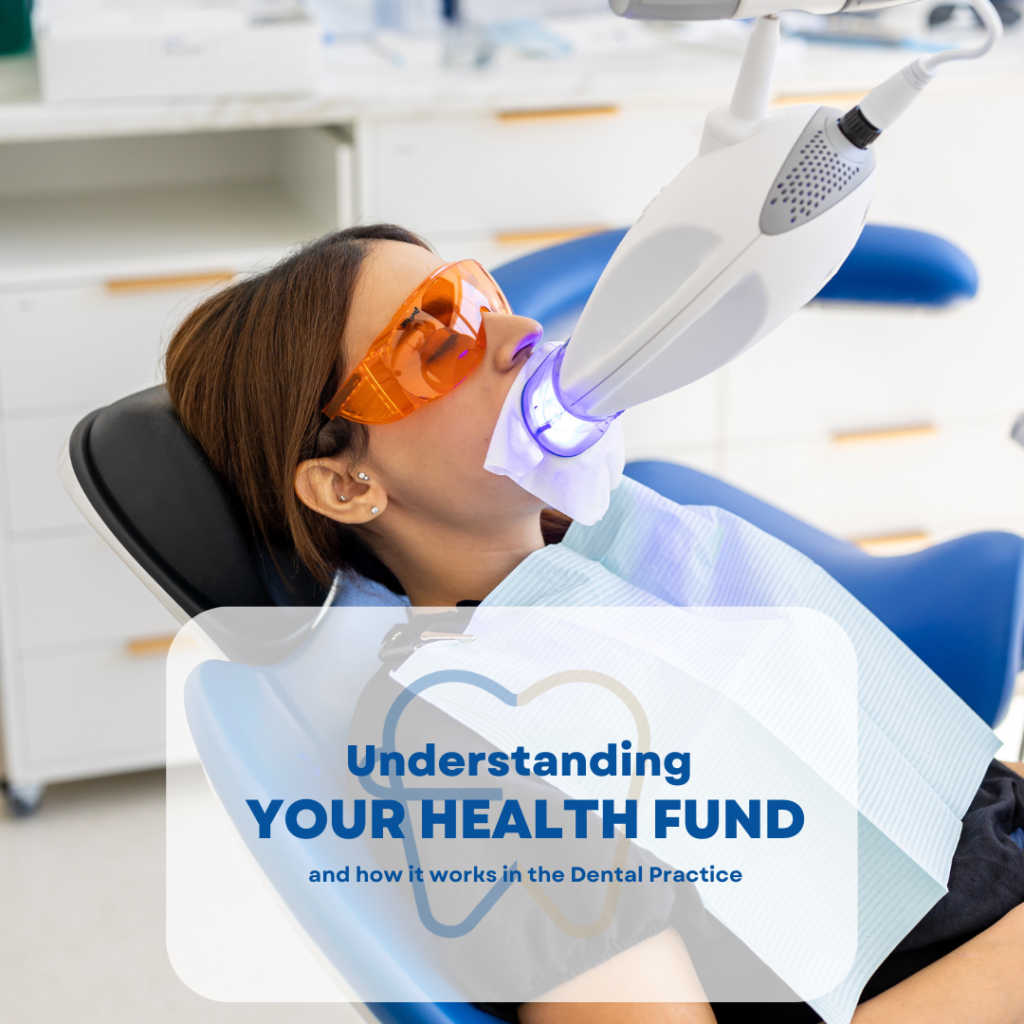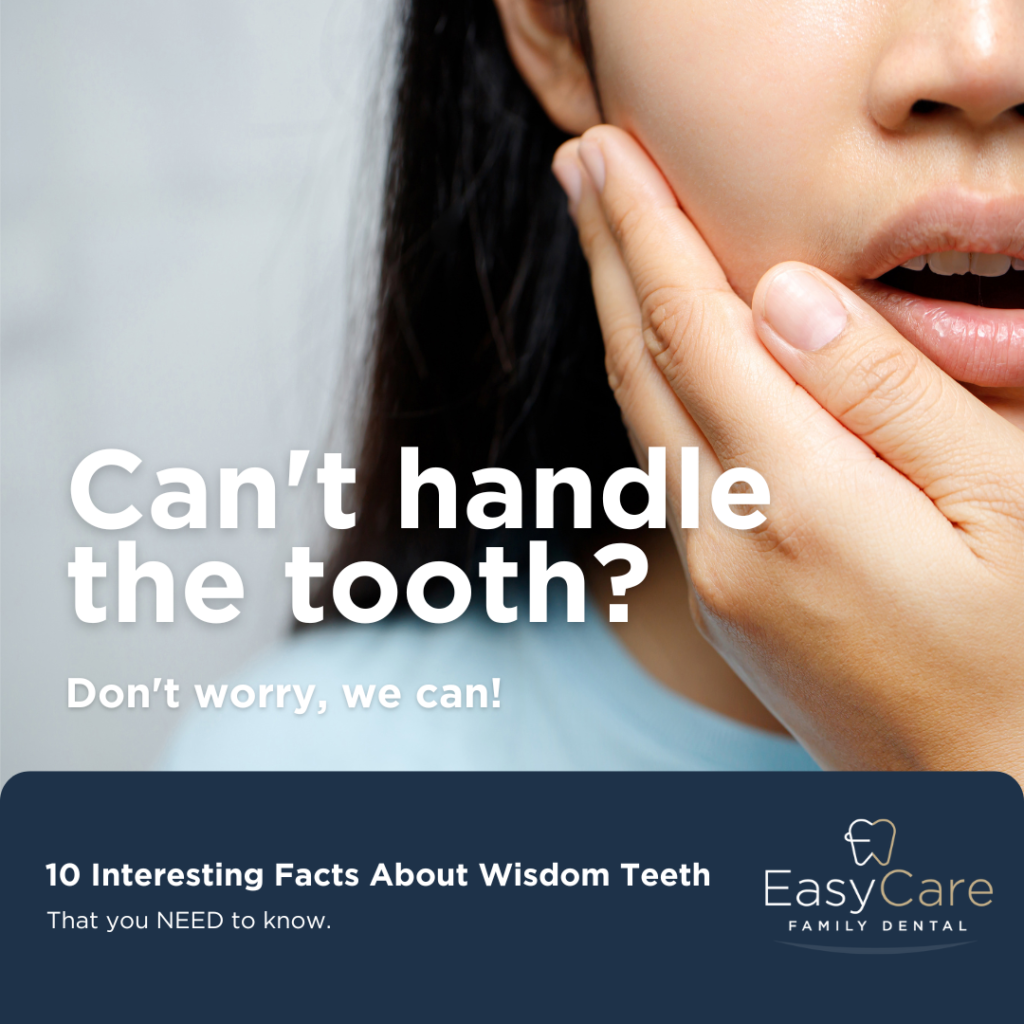New Mum’s Dental Concerns During and After Pregnancy
Congratulations on Your Pregnancy!
This is a joyous and transformative time in your life. While expectant mothers often focus on prenatal care, it’s essential not to neglect your dental health. Pregnancy can have surprising effects on your teeth and gums, making it crucial to prioritize oral hygiene during this period. As a new mum, understanding how pregnancy can affect your dental health and taking steps to ensure a healthy smile for both you and your baby is vital. This guide addresses common dental concerns during and after pregnancy and provides tips for maintaining optimal oral health.
How Pregnancy Affects Your Dental Health
1. Hormonal Changes and Gum Health
Pregnancy hormones, particularly progesterone, can cause gums to become more susceptible to plaque, leading to inflammation and bleeding. This condition, known as pregnancy gingivitis, affects nearly 60-70% of pregnant women. If left untreated, it can progress to more severe gum disease.
- Tip: Maintain excellent oral hygiene by brushing twice a day, flossing daily, and using an antimicrobial mouthwash. Regular dental check-ups are essential to monitor and manage gum health during pregnancy.
2. Increased Risk of Tooth Decay
Pregnant women may experience increased cravings for sugary foods and snacks, which can contribute to tooth decay. Additionally, morning sickness and frequent vomiting can expose teeth to stomach acids, eroding enamel and increasing the risk of cavities.
- Tip: Rinse your mouth with water or a fluoride mouthwash after vomiting to neutralize acids. Opt for healthy snacks and limit sugary foods to protect your teeth.
3. Pregnancy Tumors
Some pregnant women develop small, benign growths on the gums known as pregnancy tumors or pyogenic granulomas. These can be uncomfortable and may bleed but usually disappear after childbirth.
- Tip: Good oral hygiene can help prevent these growths. If they cause discomfort, consult your dentist for advice and potential treatment options.
4. Dental Erosion
Morning sickness can lead to frequent vomiting, exposing teeth to stomach acid and eroding enamel, increasing the risk of cavities and sensitivity.
Safe Dental Treatments During Pregnancy
- First Trimester (0-13 weeks): This critical period for the baby’s development is best for avoiding elective dental procedures. However, routine cleanings and check-ups are still important.
- Second Trimester (14-27 weeks): Considered the safest period for elective dental treatments. Procedures such as fillings, root canals, and extractions can be performed if necessary.
- Third Trimester (28-40 weeks): As you approach your due date, it may become uncomfortable to lie on your back for extended periods. Non-emergency treatments are generally postponed until after delivery.
General Anesthesia and IV Sedation
Elective procedures requiring general anesthesia or IV sedation should be deferred until after birth and breastfeeding has stopped.
Safe Treatments
- Routine Dental Cleanings and Exams: Crucial for preventing oral health problems that could affect both mother and baby.
- Fillings and Crowns: Treating cavities and restoring teeth can prevent infections that might otherwise cause complications.
- Gum Disease Treatment: Addressing gingivitis and periodontitis is essential, as these conditions can worsen during pregnancy.
- Emergency Procedures: Urgent dental issues, such as tooth extractions or root canals, should be treated promptly to avoid pain and infection.
Best Time for Dental Treatments
- Second Trimester (Weeks 14 to 20): This is generally considered the safest time for dental treatments. The risk to the developing baby is lower, and the mother is usually more comfortable.
Treatments to Postpone
- Elective Procedures: Non-essential cosmetic procedures should be deferred until after birth to minimize any potential risks.
- Third Trimester: Major dental work should be avoided as lying on your back for long periods can be uncomfortable and potentially risky.
ARPANSA Guidelines on Radiation Protection if Pregnant
The Australian Radiation Protection and Nuclear Safety Agency (ARPANSA) offers guidelines to ensure the safety of pregnant women from radiation exposure during dental X-rays:
- Minimize Exposure: Dental X-rays are generally safe when necessary precautions, such as using a lead apron to shield the abdomen, are taken.
- Essential Use Only: X-rays should be performed only when absolutely necessary.
- Digital X-rays: Opting for digital X-rays, which emit lower radiation levels, is preferable.
Drug Use in Pregnancy and Breastfeeding
Certain medications, including antibiotics like penicillin and pain relievers like paracetamol, are safe during pregnancy. However, always inform your dentist about your pregnancy so they can prescribe the safest options. Avoid drugs like tetracycline, which can affect fetal development.
Safe Medications
- Local Anesthetics: Lidocaine, with or without epinephrine, is typically safe.
- Antibiotics: Penicillin, amoxicillin, and clindamycin are commonly used without issues.
- Pain Relievers: Paracetamol (acetaminophen) is generally considered safe for pain relief.
Medications to Avoid
- NSAIDs: Ibuprofen and similar drugs should be avoided, especially in the third trimester.
- Tetracycline Antibiotics: These can affect the baby’s teeth development and should be avoided.
Breastfeeding Considerations
- Most medications that are safe during pregnancy are also safe during breastfeeding. Always inform your dentist if you are breastfeeding to ensure any prescribed medications are safe for your baby.
Common Questions Pregnant Women Might Have for Their Dentist
- Is it safe to visit the dentist during pregnancy? Yes, it is safe and recommended to maintain regular dental check-ups during pregnancy to monitor and manage oral health.
- What dental treatments can I safely undergo while pregnant? Routine cleanings, check-ups, fillings, and necessary emergency treatments can be safely performed, particularly during the second trimester.
- Are dental X-rays safe during pregnancy? Dental X-rays are generally safe with protective measures like lead aprons. Modern digital X-rays minimize radiation exposure.
- How do pregnancy hormones affect my gums and teeth? Hormonal changes increase the risk of gum disease and cavities. Regular dental visits help manage these risks.
- What should I do if I experience a dental emergency while pregnant? Contact your dentist immediately. Addressing severe pain or infections promptly is crucial for both you and your baby.
- When is the best time to schedule elective dental treatments during pregnancy? The second trimester is ideal for elective treatments. This period balances the baby’s development needs and the mother’s comfort.
- Should elective treatments requiring general anesthesia or IV sedation be avoided? Yes, these should be deferred until after birth and breastfeeding to ensure the safety of both mother and baby.
- What precautions should I take if I suspect I’m pregnant but need dental work? Inform your dentist about the potential pregnancy. They can advise whether to proceed or defer treatment until pregnancy status is confirmed.
- Can I take my regular medications during pregnancy and breastfeeding? Inform your dentist about your pregnancy. They will prescribe safe medications, avoiding those that could affect fetal development.
- How can I protect my teeth from decay during pregnancy? Maintain good oral hygiene, limit sugary snacks, and rinse your mouth after vomiting to reduce acidity on your teeth.
Maintaining good oral health during and after pregnancy is essential for both you and your baby. At EasyCare Family Dental in East Brisbane, we are dedicated to providing compassionate, comprehensive dental care tailored to your unique needs. If you have any concerns about your dental health during pregnancy or need to schedule a routine check-up, don’t hesitate to contact us. Your smile is our top priority!
Contact EasyCare Family Dental today to book your appointment and ensure the best dental care for you and your baby.



